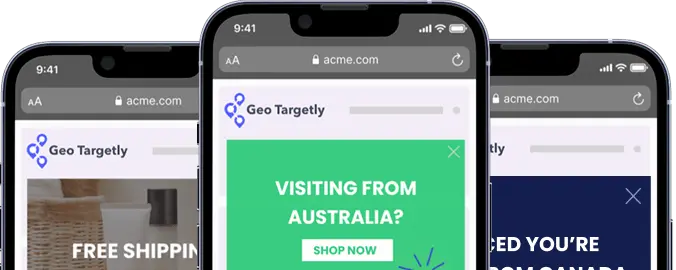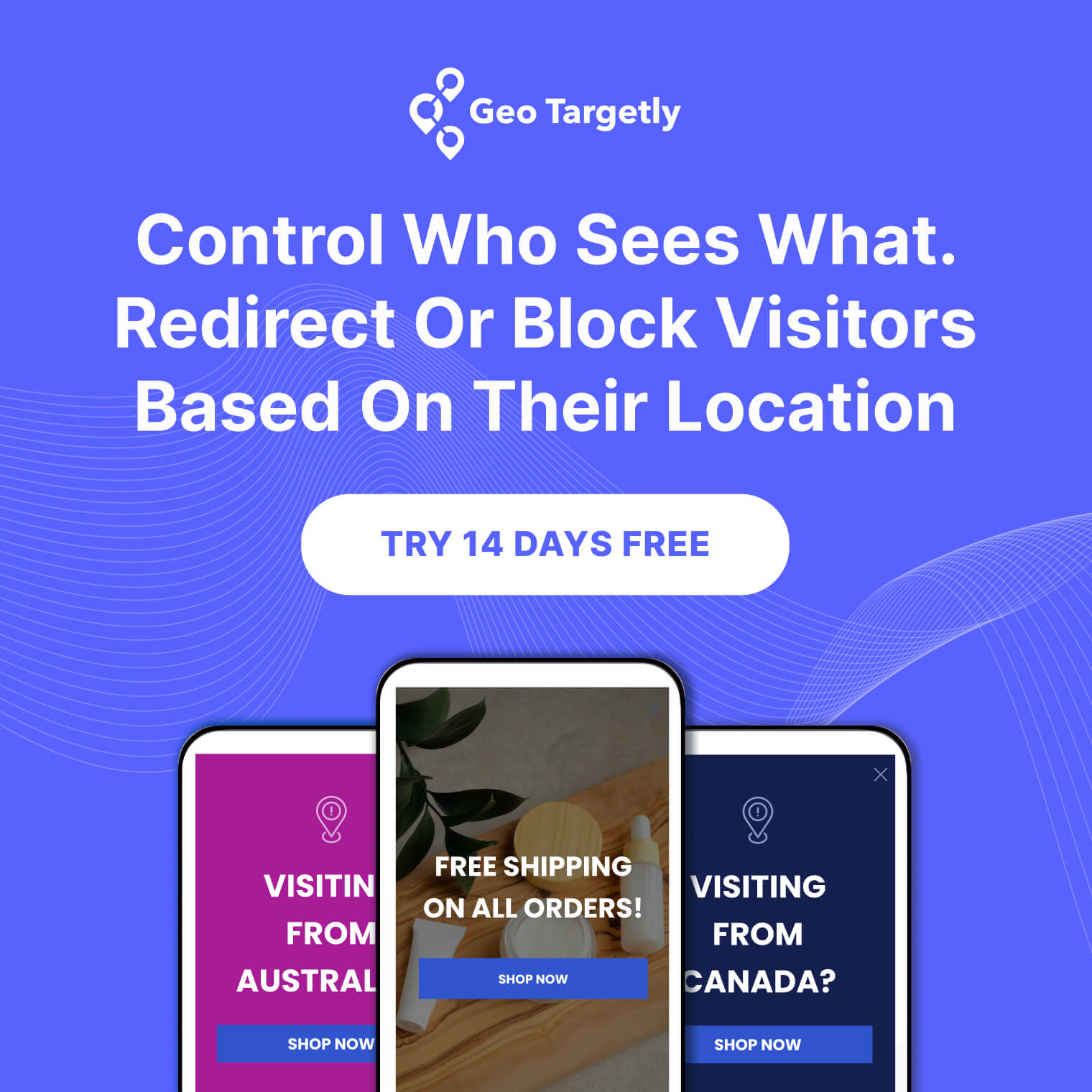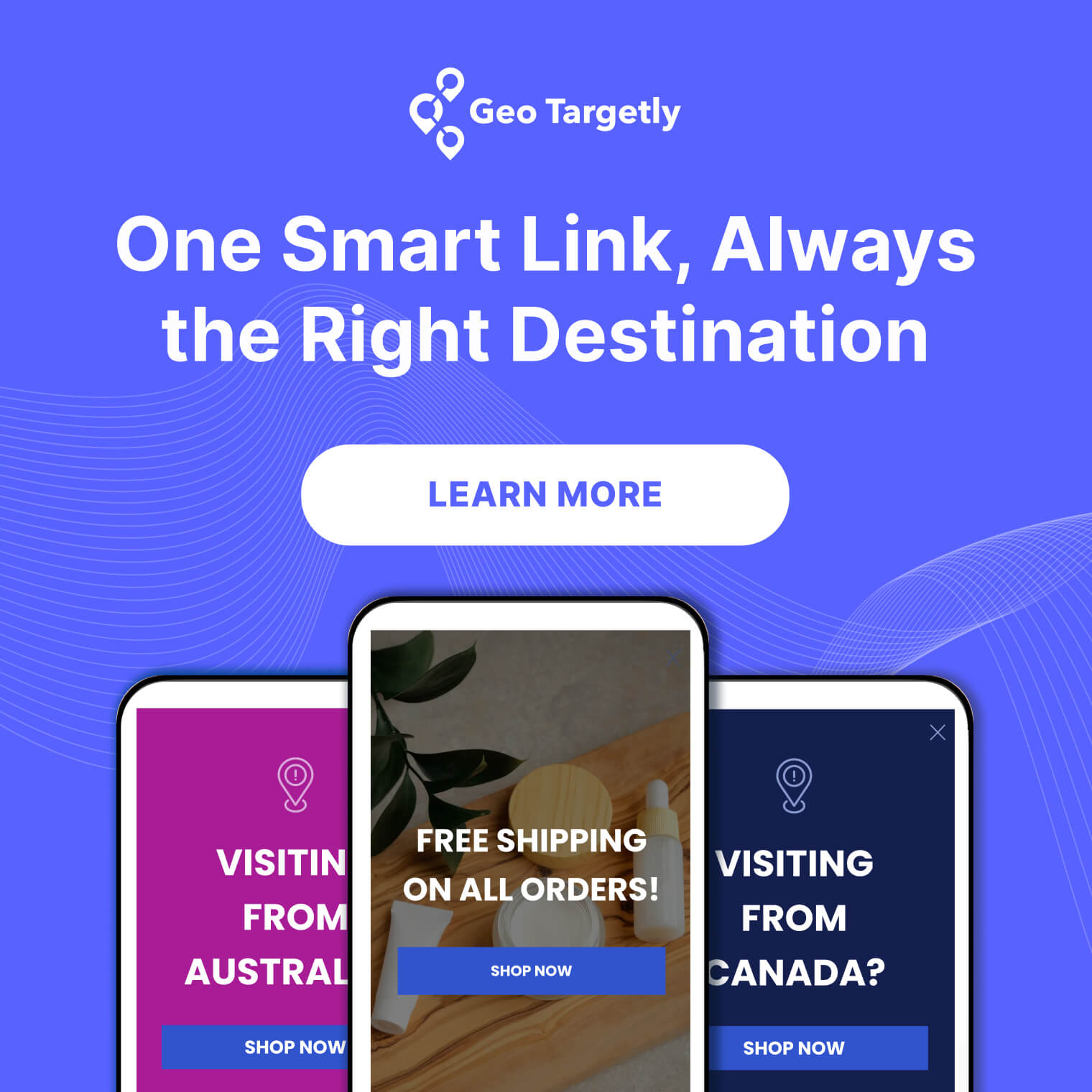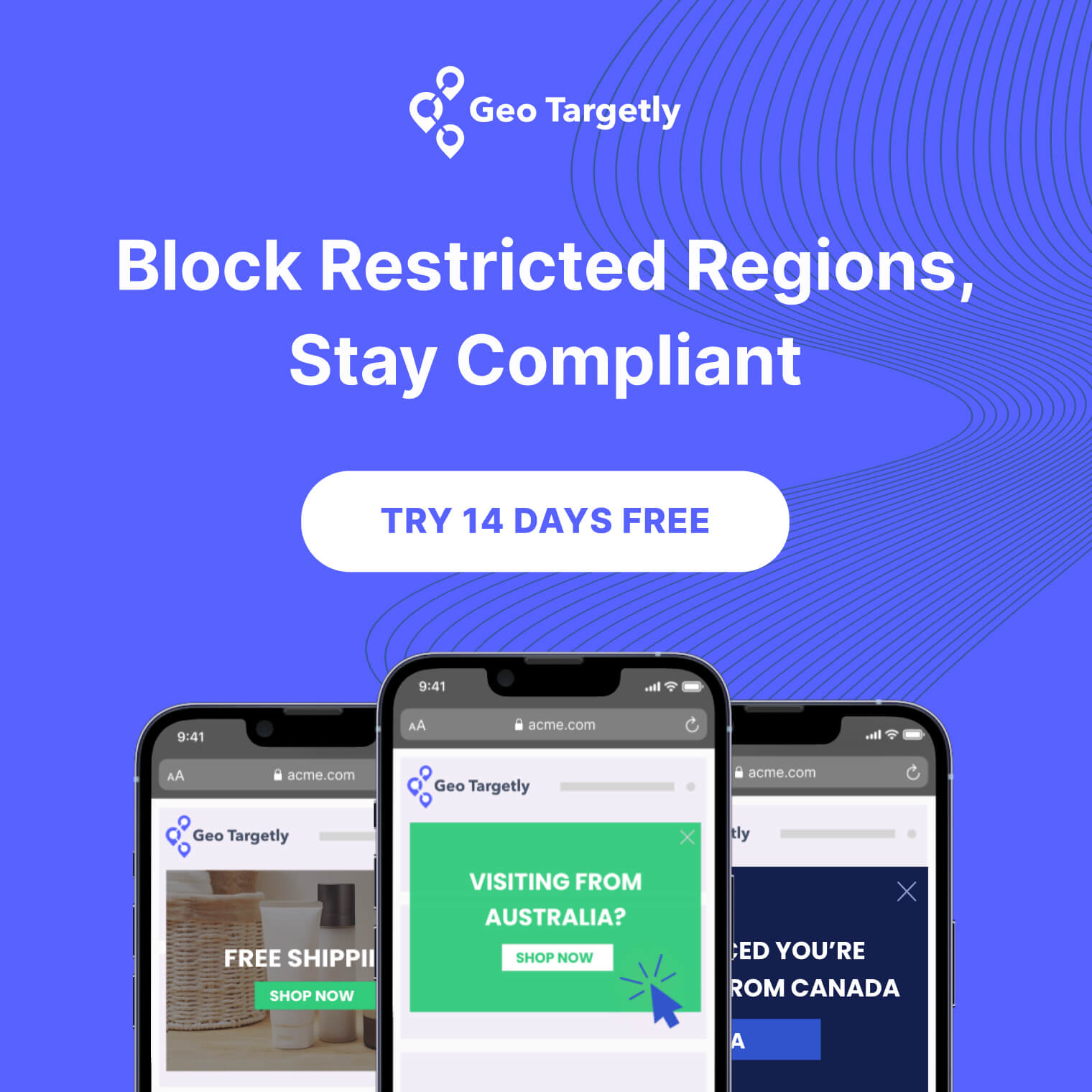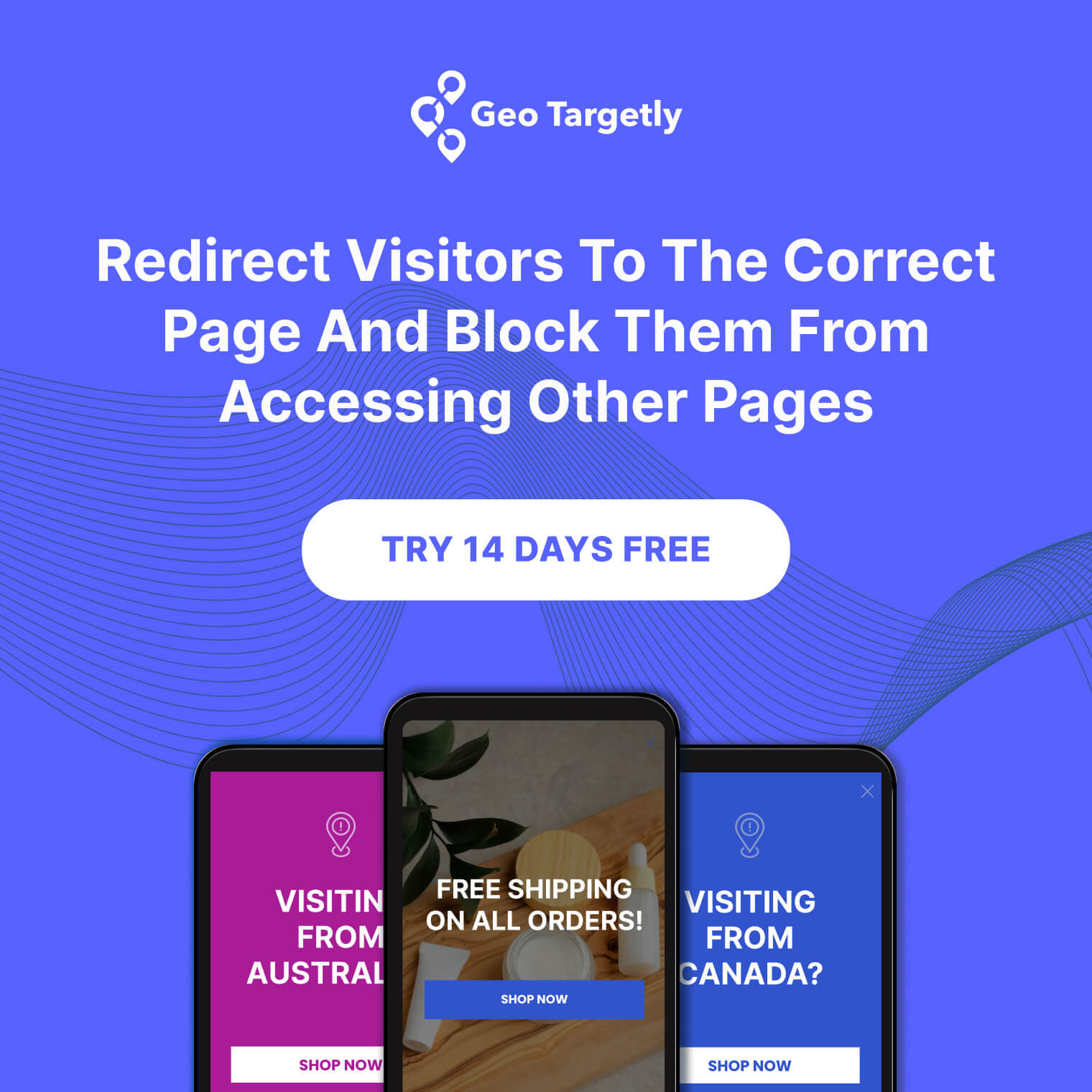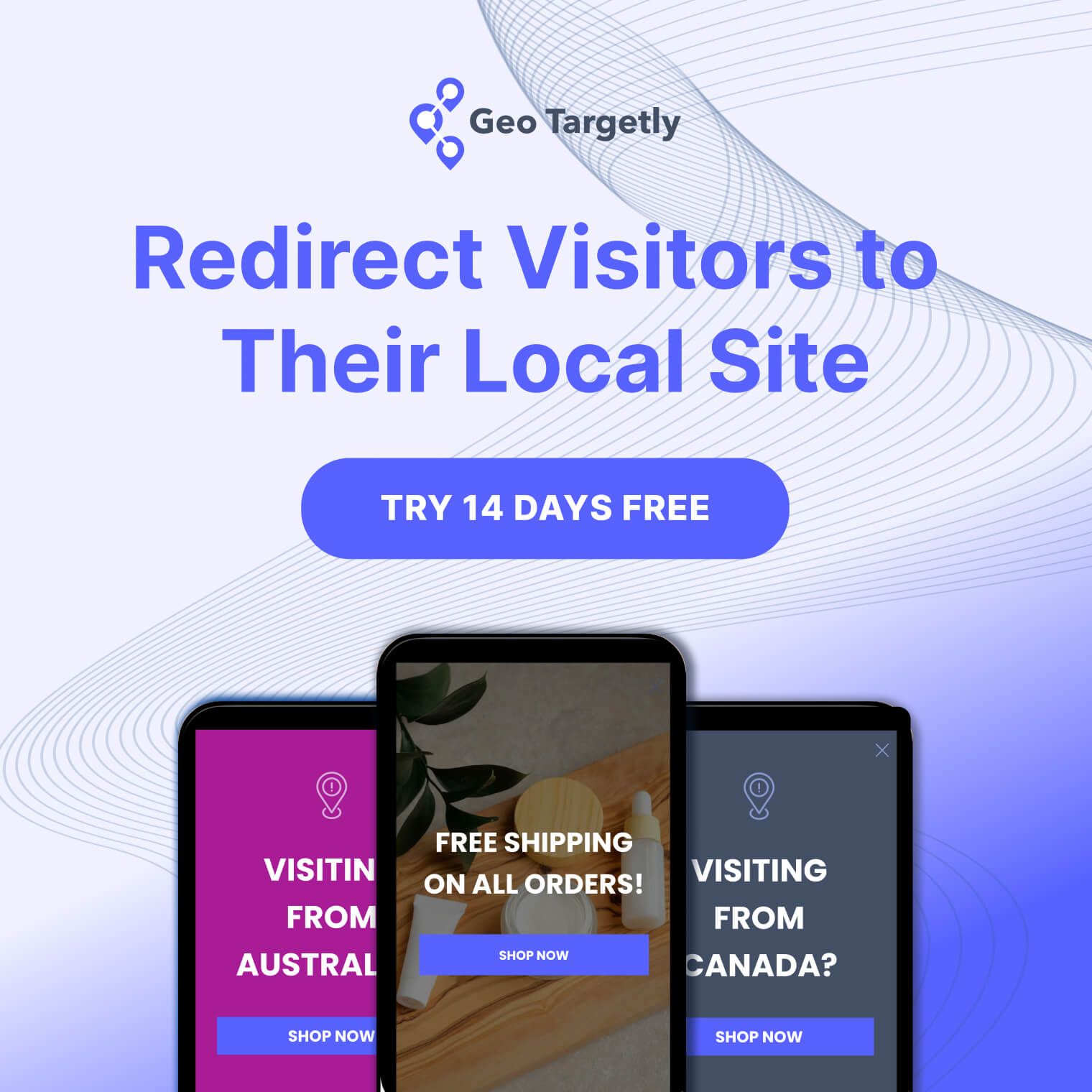

How can you use geolocation data to optimise e-commerce businesses?
As most online retailers would know, geolocation data is most relevant when it comes to the activities of the e-commerce industry - a sector estimated to draw in 1.92 billion global, digital buyers this year alone.
Given that most of these businesses operate in multiple regions - often spanning almost every country in the world - this data plays an indisputable role in relation to matters like product selection, marketing campaigns, and website content - to name just a few.
Beyond these seemingly obvious tasks, however, how else does geolocation data configure the business operations of online businesses?
In our post today, we take a quick look at the many ways in which you can leverage IP address geolocation tools to maximise your wins and revenue. Continue reading for the secret ingredient most e-commerce companies miss out on!

Understanding what drives your customers and website visitors
When it comes to running a business, there are few factors as crucial as buyer motivation and interest. For e-commerce businesses, this information will usually indicate what kind of products customers like, what kind of offers and promotions they respond to, and what kind of information they seek from your site.
The question that remains, however, is how can businesses access this level of insights? What tools can they use to understand how specific sets of customers respond to any shift in business strategy?
That’s where the power of geolocation data comes in. By understanding, for instance, that consumer electronics are a popular product among your Asian audience or that customers in Europe prefer handicrafts items, you can tailor your operations to the whims and fancies of particular segments of your audience.
This is all possible through the analytics functions that are attached to redirect tools, dynamic content tools and all other software that customise your website based on visitor location.
Making your website more accessible, convenient and familiar
If you’ve got site redirects or dynamic content in place for visitors from certain locations, you will often find that bounce rates don’t just reduce, but conversion rates make slow and steady gains.
This is because these tools yield geolocation data that allow e-commerce operators to customise each website to the preferences of specific audiences. This, for example, includes giving visitors the ability to browse through a website in their local language, take a look at price data in terms of the local currency, access relevant delivery information and pricing, and reach out to agents in their region or locality.
Overall, the intelligent use of geolocation data gives marketers the power to do everything they can to ensure each customer doesn’t leave their site empty-handed.
Drive foot traffic if your business runs a brick and mortar store as well
Nowadays, it’s not uncommon for businesses to operate a primary online store as well as a brick and mortar outlet for customers who want to make in-store purchases.
In these scenarios, the geolocation data you derive from your tools can trigger another flow of information - in this case, the location of your closest store - which not just adds a layer of security to your purchases but also gives your buyers the chance to peruse your items in person.
While many prefer to shop within the comfort of their homes, certain customers will prefer to see your products or try them out for themselves, especially in terms of clothing or essential household items.
In these instances, geolocation tools prove to be a knight in shining armour. You can also read more about geo targeting marketing features you wish you knew sooner.
Geolocation data can be transformative for e-commerce - use it right
If you’re trying to invest in massive marketing campaigns or spends thousands of dollars trying to revamp your website, take a pause. Ask yourself whether you’ve done everything within your power to drive conversion rates and visitor engagement.
If you haven’t, it’s probably because you’ve never considered the power of geolocation data. By leveraging the right set of IP address geolocation tools, give your customer the ultimate ease in terms of their shopping experience.
After all, in the end, convenience is king. Don’t leave your customers wanting in terms of ease of access or personalised data - plenty of other e-commerce businesses are only too willing to give these to them.
Learn more about why geotargeting has become essential for E-commerce.





.webp)



